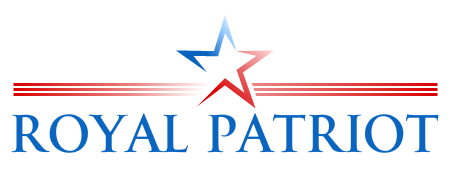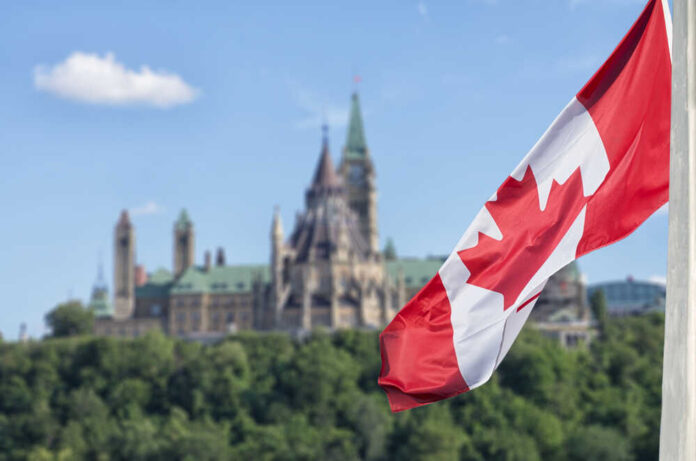Critics warn that a new Canadian law could potentially transform the nation into an Orwellian nightmare. Justice Minister Arif Virani introduced the Online Harms Act in February, legislation that could empower the government to impose house arrest on citizens if there are reasonable grounds to suspect they might commit a future crime.
The Canadian government justifies the legislation, saying its intent is to protect children from online victimization, but critics argue this disguises its ability to police people’s thoughts and opinions. Writing in The Spectator, Jane Stannus states that judges can punish people if they “fear” a future “hate crime,” which is defined as an expression of “detestation or vilification.” It does not stretch to “dislike,” and Stannus argues that a jail sentence, therefore, depends on the distinction between “dislike” and “detest.”
Noted psychologist Jordan Peterson has spoken out against the bill, saying it would criminalize his publicly expressed views. He also noted that the legislation can apply retrospectively, meaning that online remarks are punishable even if they were posted prior to the law’s enactment.
In practice, the legislation will allow people to file complaints about online remarks they consider hateful (free of charge) and can do so anonymously and secretly. If successful, complainants can win awards of $20,000, which experts warn will undoubtedly serve as a motivation to file grievances.
Moreover, the bill will establish a new government body with the authority to compel tech companies to block content and surrender data, raising concerns about the potential misuse of this power.
The Canadian Civil Liberties Association says that the government panel’s “vast authority” allows it to “make up new rules” and enforce them without oversight or accountability. The Association also warns that data collection does not require a warrant and, therefore, poses “significant threats to privacy rights.”
According to civil rights campaigners, the overall impact means the government will be able to regulate public discussion on contentious issues and “censor strong opposition to political authorities.”


















